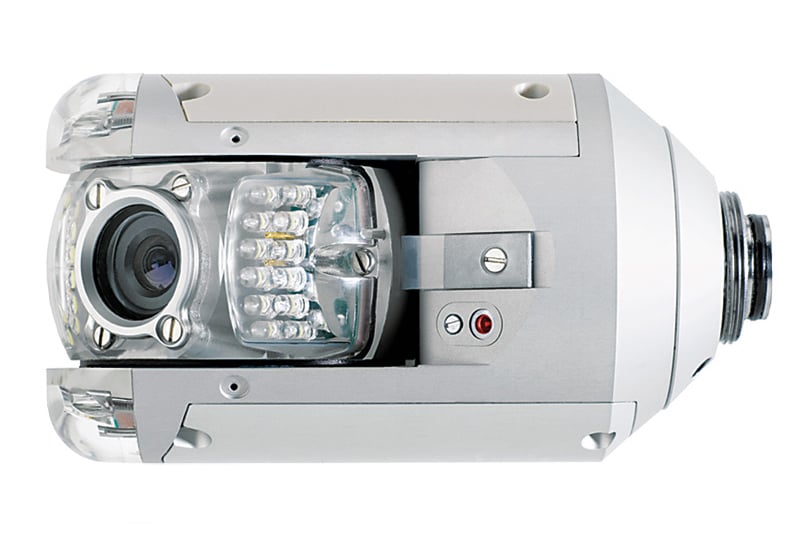How To Become A Good CCTV Inspector

The role of a CCTV inspection operator is an important one.
It requires a wide set of skills and the role and responsibilities go way beyond simply operating the inspection equipment.
Success depends on the operator’s aptitude in a number of different specialist areas and although most operators will have a period of orientation and training, individuals need to take matters into their own hands to learn as much as they can, practice and sharpen their skills.
Key attributes of a successful CCTV inspector include strong leadership qualities, good organisational skills, good communication skills, excellent problem-solving skills, an eye for detail and the ability to work as a team. They need to be self-motivated and committed and whilst they will receive some degree of on-the-job training, there is much that an individual can do to hone their own skills and advance their careers.
To become a good CCTV inspector, these are the main areas that you should be focusing on:
Workplace safety
Every business owner in Australia has to comply with workplace health and safety requirements. These vary from state to state, but non-compliance to the acts and regulations may have legal and financial implications and it is crucial that every employer and employee understands and follows the correct safety procedures. As a CCTV inspector, you need to learn about your company or client’s organisational procedures and what impact the work that you are doing has on those around you and on the safety of the operation as a whole.
Caring for and maintaining your equipment
Many of the non-destructive testing and remote visual inspection devices are highly advanced tools. If you want to succeed, you need to be mechanically minded and learn the ins and outs of how the camera and crawler machines work and how to use them properly so that you achieve optimum results. This involves not only learning how they function, but also implementing a thorough care and preventative maintenance routine.
If you want to succeed, you need to be able to sort out issues when your equipment breaks down in the field and know how to diagnose and trouble-shoot problems. This requires an aptitude for mechanics and a sense of urgency to minimise productivity losses and downtime.
Computer skills
Your success as a CCTV inspector also rests on your computer skills. Huge advances in digital communications and imaging have transformed the NDT and RVI landscape and although many of the devices are user-friendly and easy to operate, you will need to understand the software that drives all of these modern devices and how to use it to achieve optimum results.
Focus on quality
It’s all very well meeting your footage goals, but if the quality of the images and the data that you collect isn’t up to scratch, you’ll be back to square one which can be time-consuming, costly and frustrating. Inspections are your core requirement so you need to ensure that they meet quality standards, first time. Experience does help, but if you implement a thorough quality control programme up front, you’ll minimise the likelihood of reruns.
Becoming a good CCTV inspector involves far more than simply operating the equipment. Of course, technical skills are essential but it takes time, commitment, motivation and application to succeed in the demanding world of inspections.
The quality of training that you get on the NDT or RVI equipment that you’re using can also have an impact on how well you do your job. If you choose Nexxis as your technical equipment supplier in Australia, we provide comprehensive training on every piece of equipment supplied, regardless of whether the item is bought or leased.
Their team of experts is extremely knowledgeable and they want to share their extensive technical experience and expertise with you so that you maximise your equipment capabilities and become the very best inspection operator that you can be. Training is offered at our Perth office or on site for hands-on training and you can find out more by contacting us.

